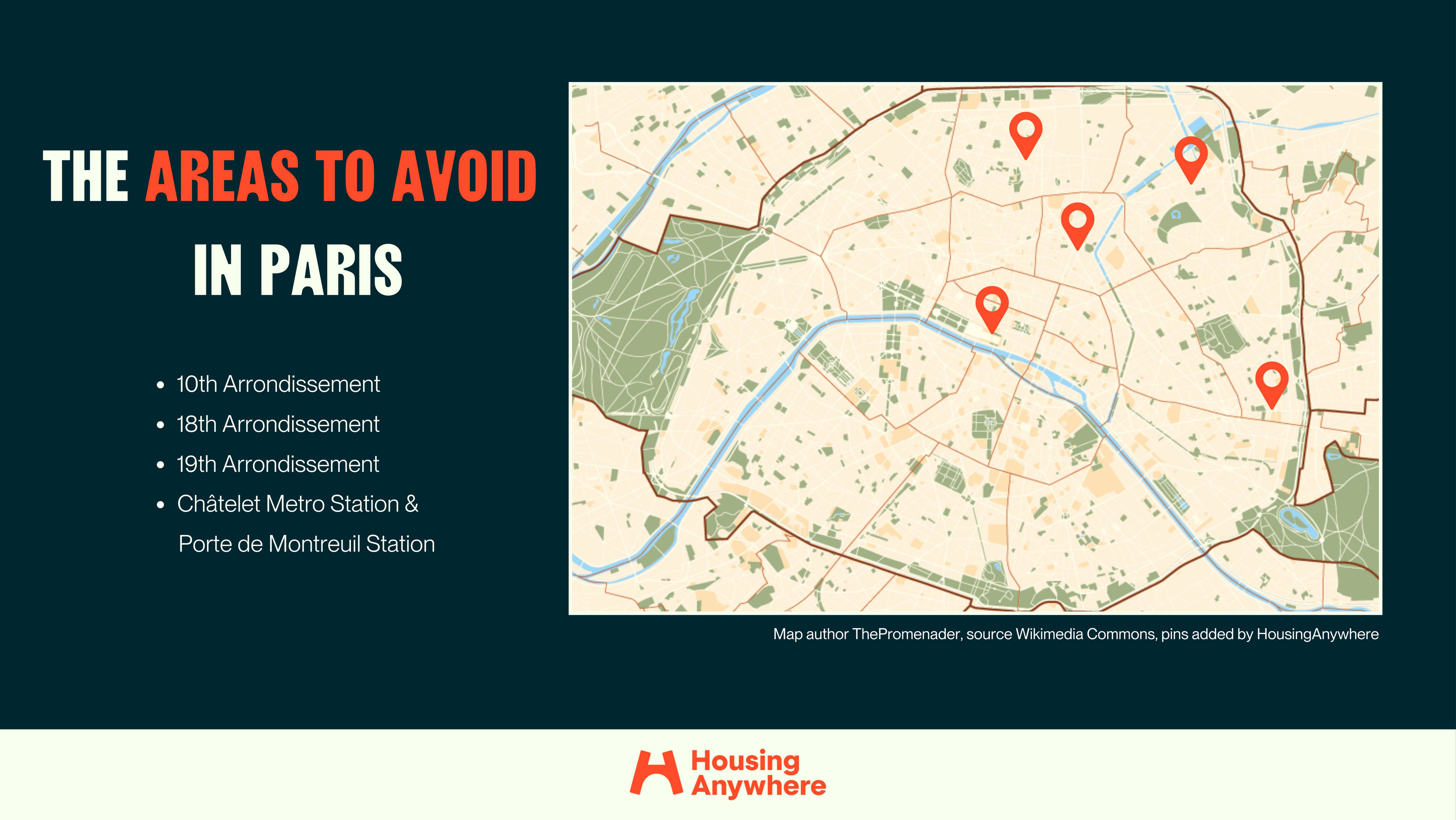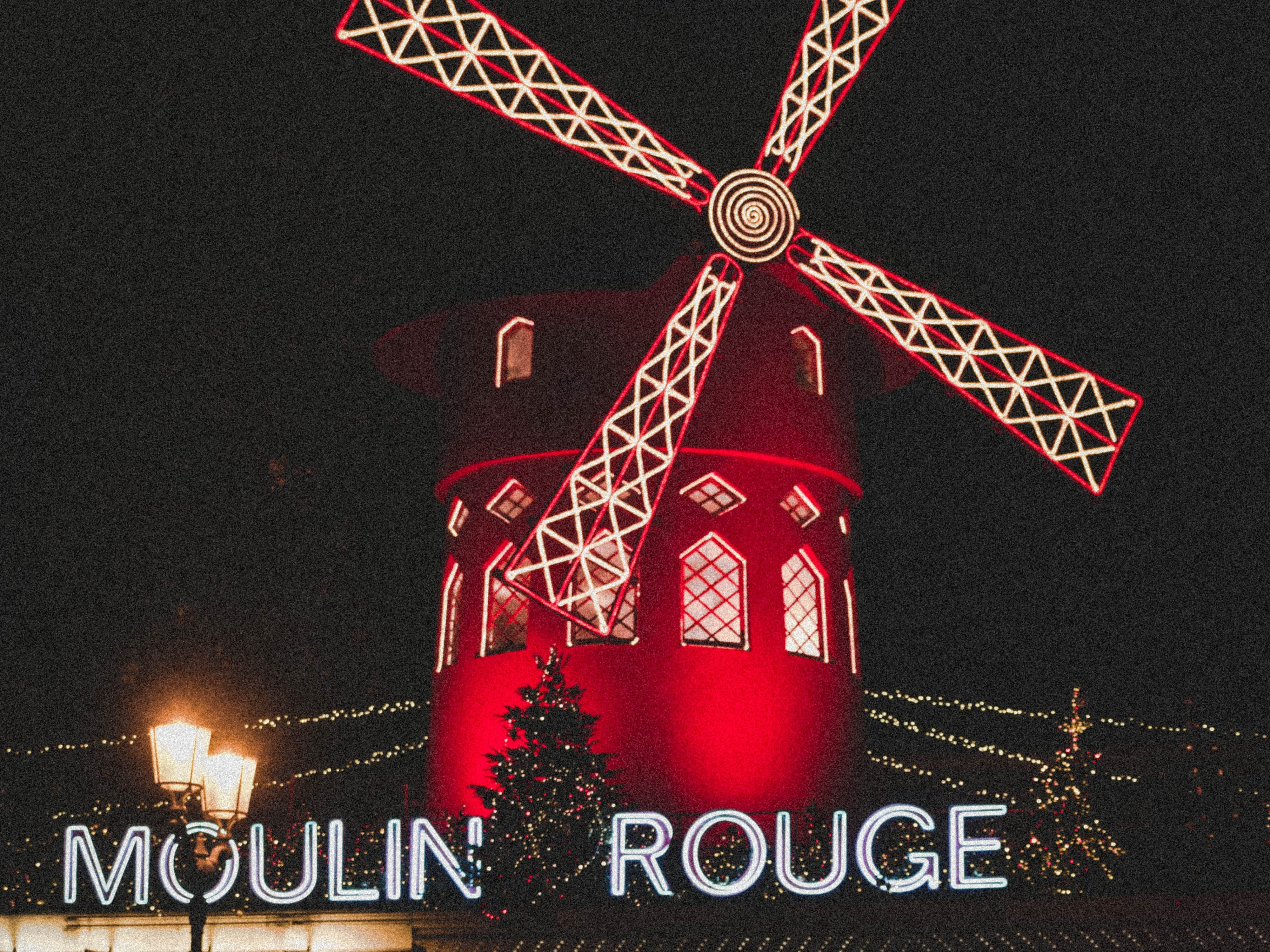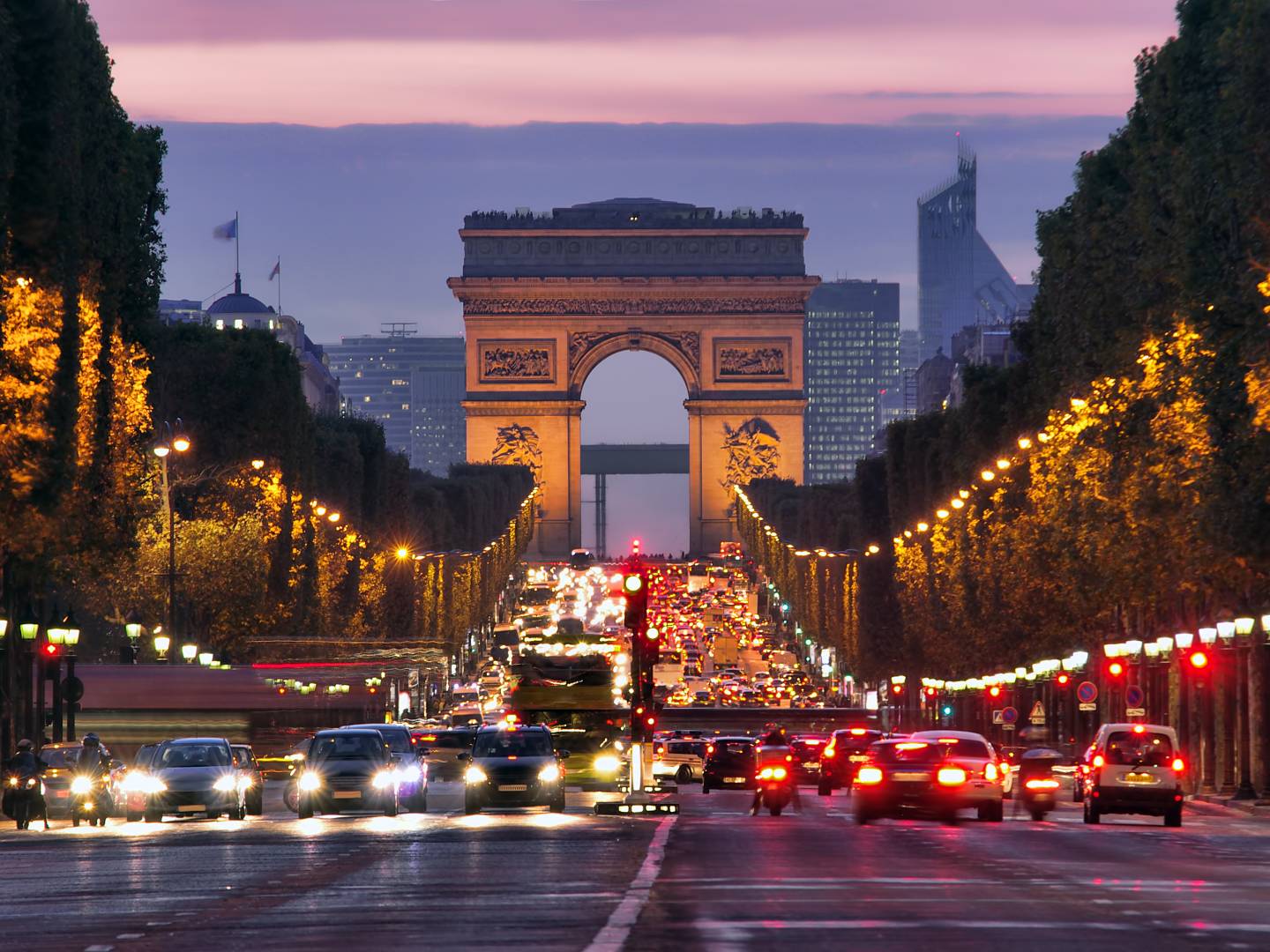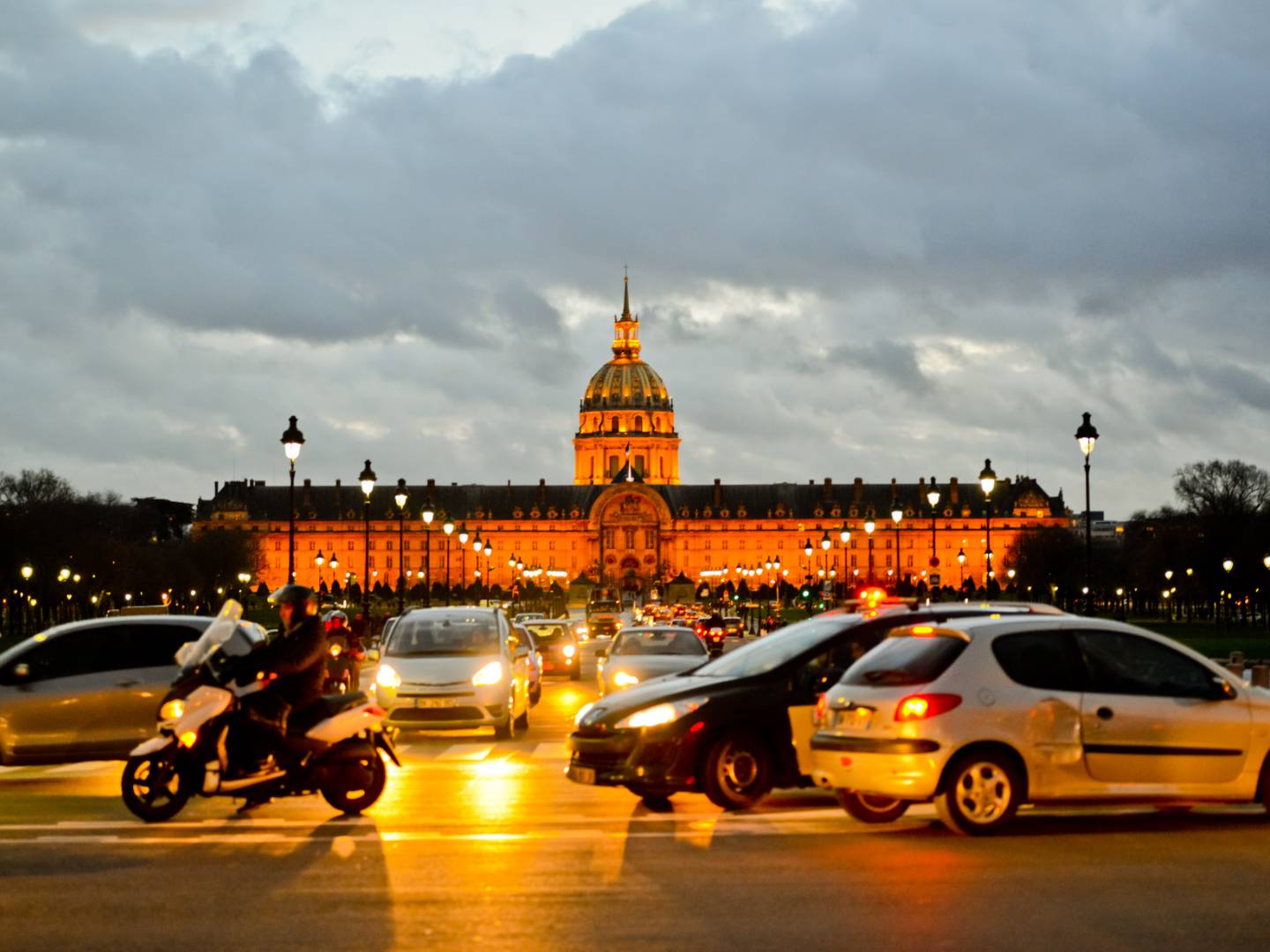4 areas to avoid in Paris: Red flags in the city of love
Is Paris safe? Although the French capital is considered safe, you should avoid some places in Paris (at night). Find out which ones!
Jale
If you want to live in the French capital, you can rest assured that, overall, Paris is a safe city to live in. But as one of the most popular and populated cities, Paris is not free of crimes.
Before you start exploring rental homes in Paris and sign that rental contract, it’s important to check if the Paris neighborhood you want to live in is considered safe.
Find out which areas to avoid in Paris and what to do if you feel unsafe.
Is it safe to live in Paris?

Paris is considered a safe city to live in because common crimes, such as pickpocketing, robberies, and scams, are largely targeted at tourists. Even at night, most of the central neighborhoods in Paris are safe as many people are out, enjoying the city’s bustling nightlife, restaurants, and other night events.
In 2024, The Economist ranked Paris as the 23rd safest city to live in out of 60 cities worldwide.
Since the risk of violent crimes is extremely low in Paris, you won’t have to worry about crimes such as assault, kidnapping, or armed robbery. But the issue of drug trafficking and the presence of nearly 3,000 homeless people in certain neighborhoods can make you feel uneasy, especially at night.
Another instance when Paris can feel unsafe is when there are instances of clashes between minority and majority groups, street fights, and violent demonstrations, as witnessed during the 2022 presidential campaign. While police and soldiers are stationed to ensure safety, it can make you feel like the city is always in a state of emergency.
But overall, if you ask Parisians, they’ll say that Paris is just as safe as other metropolitan cities such as London or Rome. You only need to use common sense and basic safety precautions as you would in any other city.
4 areas to avoid in Paris

Central Paris is made up of 20 arrondissements and there’s no particular arrondissement that is considered dangerous. But there’re some parts of particular neighborhoods that are best avoided at night, especially when alone.
Is the 10th arrondissement in Paris safe? The Gare du Nord and Gare de l’Est area

10th arrondissement is one of the most affordable neighborhoods you can live in and it’s generally safe. The only areas you need to watch out for are the ones near the 2 biggest and busiest international railway stations in Paris, the Gare du Nord and Gare de l’Est; they’re located in the north of the 10th arrondissement.
At night, the area surrounding these stations is sketchy and chances are you’ll run into drunk people, pickpockets, people fighting, or people trying to sell you drugs. So try to avoid it late at night.
Is the 18th arrondissement in Paris safe?

©google.maps
18th arrondissement is also known as an artists’ residence, thanks to it once being home to Picasso and Dali. The neighborhood went through a major upgrade recently and became a thriving working-class neighborhood with affordable prices.
But, Marx Dormoy and Porte de la Chapelle stations in this area have a reputation of being a hanging spot for many drunk and homeless people at night, which can make you feel unsafe.
The main neighborhoods to avoid in the 18th arrondissement are Barbès, Pigalle, and Red Castle. In the morning, a large flea market is set up between Porte de Clignancourt and Saint Ouean, but at night these areas aren’t very safe.
Is the 19th arrondissement in Paris safe?

The 19th arrondissement is multicultural and popular among those who want to live close to the Paris centre and not pay high rent. The area has huge parks and is relatively less densely populated than other neighborhoods. While these aspects make the 19th arrondissement attractive, there’re some streets where we would advise you to be cautious.
If you plan to live in the 19th arrondissement, avoid these areas at night when alone: Stalingrad and Jaurés on the west, Danube and Mouzaia in the east, and Cambrai in the North.
You might want to take caution near the Buttes Chaumont parc and Ourcq canal as well. But if you’re here in the summer months, you’ll feel safe because you find plenty of locals hanging out in these areas to enjoy the long summer nights.
4. Châtelet Metro Station and Porte de Montreuil Station
Paris has an extensive network of public transportation. But you should be aware of the risk when using public transport. Some of the stations get a bit dodgy at night, especially after 10 p.m. You might encounter pickpockets, drunk people, or shady-looking strangers.
The Châtelet Metro Station is especially like a maze and is most known for bag cutter thieves.
Also, avoid a few blocks around Porte de Montreuil station in the 20th arrondissement at late hours.
Is Paris safe at night?
Paris is safe at night if you’re in a bustling central area. But, there’re some parts of Paris that you should avoid at night or take extra precautions when visiting.
For instance, try and avoid some neighborhoods of the 19th and 18th arrondissements as they’re quiet, empty, and shady during the late hours. Don't walk through the small streets, especially if you’re alone.
Another place to avoid at night is the Bois De Boulogne park in the 16th arrondissement of Paris.
If you’re taking public transport late at night, take extra precautions as you’ll likely come across homeless people on metro lines. Some lines where this is prominent include the one that runs from Charles de Gaulle Airport to the city center.
What to do when you feel unsafe in Paris
The police department of Paris published a booklet for its residents to provide them with important emergency numbers. If you feel unsafe, dialling 17 will connect you to the police. Unfortunately, because there’s a high language barrier in France, it might take a while for you to connect with an English-speaking agent. In that case, you can also call the Europe-wide emergency response number 112 for any kind of emergency service.
5 Tips for being extra cautious in Paris
Since Paris is a very popular tourist destination, it’s best to be extra cautious. Here’re the top 5 tips to remember to be safe when you live in Paris.
- Don’t compromise your safety for a cheap apartment. If you’re booking your new accommodation online, use this guide to pick a safe yet affordable neighborhood. If possible, walk around the neighborhood at different times of the day to see if you feel safe.
- If you end up renting accommodation in the 10th, 18th, or 19th arrondissements, then invest in a good lock and don’t keep expensive belongings in front of a window, as burglaries are common in this area.
- Take some time to get to know your neighbors. Knowing people around you will make you feel safer.
- Don’t feel obligated to answer a stranger’s question (e.g, when someone asks for a direction) when you feel your safety is in danger.
- When you go to touristic areas, beware of your belongings.
- Plan your route at night. If you have to pass by sketchy neighborhoods, take someone with you and let your friends know where you are going. You can even send them your live location.
Paris is a dream destination to live in for many expats. After all, there’re so many reasons why moving to Paris is a great idea: from its work-life balance and high salaries to the quality of life and nightlife. So don’t let any fears hold you back. Now that you know which neighborhoods to avoid, it’s time to rent a place in one of the many safe neighborhoods of Paris.
This article is for informational purposes only.
Please reach out to content @housinganywhere.com if you have any suggestions or questions about the content on this page. For legal advice or help with specific situations, we recommend you contact the appropriate authorities.
Related articles
In this article
Is it safe to live in Paris?
4 areas to avoid in Paris
Is the 10th arrondissement in Paris safe? The Gare du Nord and Gare de l’Est area
Is the 18th arrondissement in Paris safe?
Is the 19th arrondissement in Paris safe?
What to do when you feel unsafe in Paris
5 Tips for being extra cautious in Paris
Find your home in Paris
Browse hundreds of verified rental properties across Paris's neighbourhoods. Search smart, search safe.
Search Now

